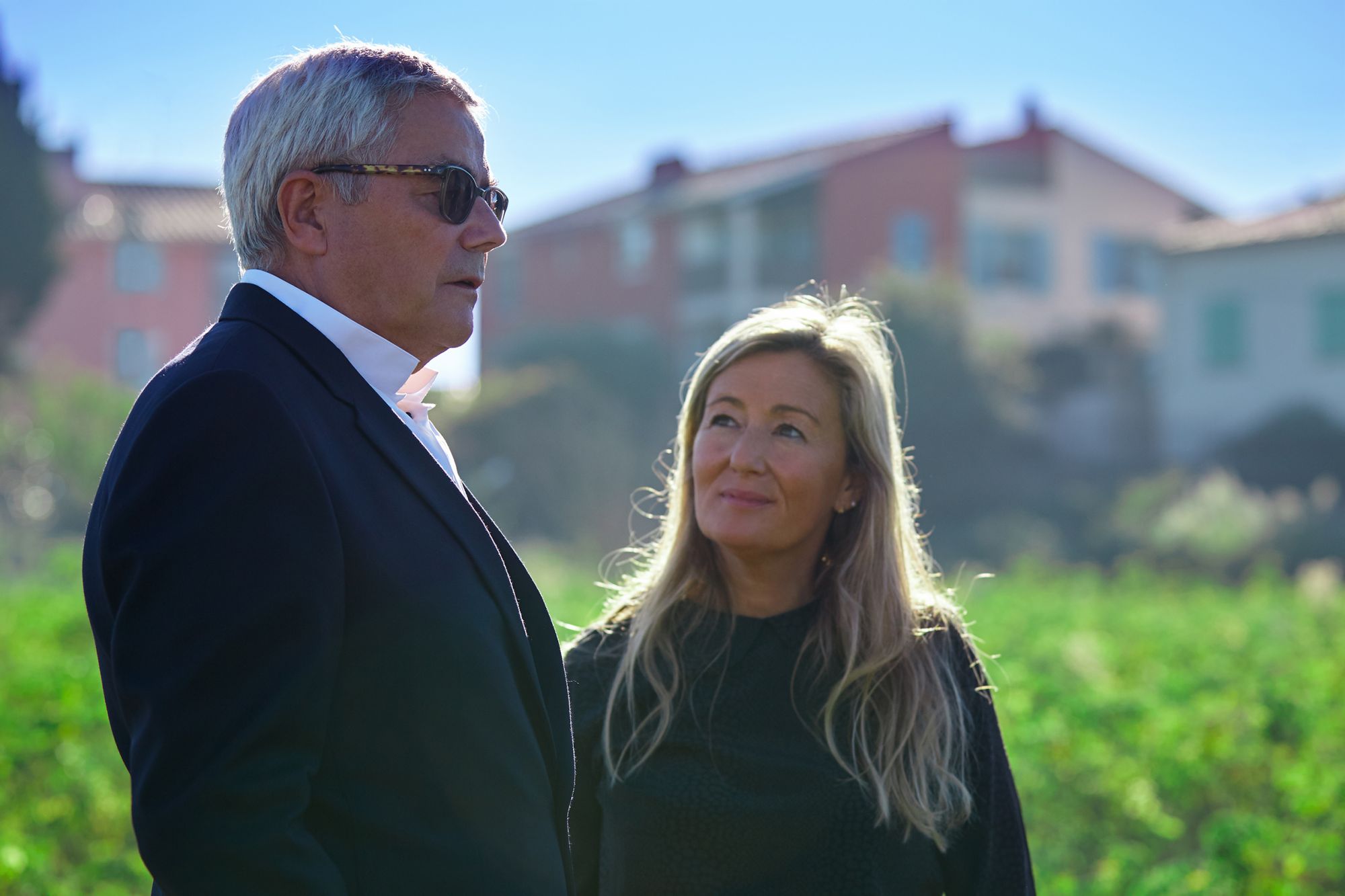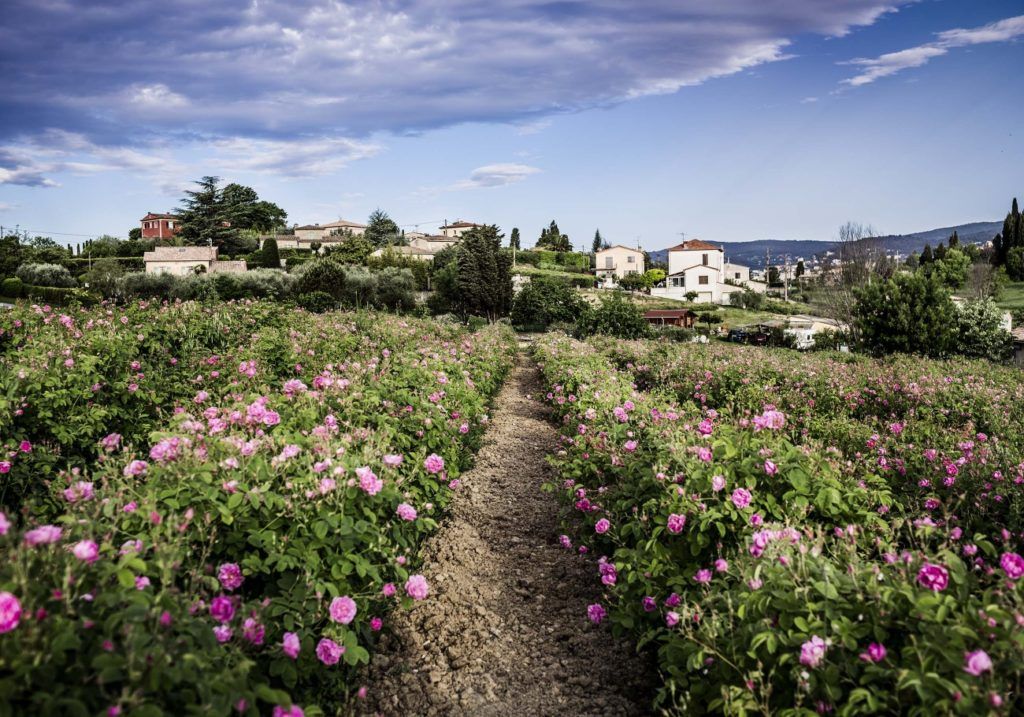Her flower field is where the May roses, jasmines, and tuberoses for Dior's perfumes come from
Most city-dwellers would have dreamt once upon a time to escape the urban grind for a life on the far, but not many of us can say we have taken the leap to pursue the simple life, except for one—Carole Biancalana.
The fourth-generation heir to Domaine de Manon, a flower farm in Grasse, France, life is literally a bed of roses (with jasmine and tuberose too) for Carole, who left her banking job in 1999 to return to her family’s flower fields.
Under her charge, Domaine de Manon has been a flower producer for Parfums Christian Dior since a decade ago.

“It was a meeting of passion,” she says, about her exclusive partnership with the perfume house.
It all started when she first encountered with French perfumer and Christian Dior's nose, François Demachy at the World Perfumery Congress in 2006.
“He has very strong knowledge about natural raw materials and he wanted to find exceptional producers,” she describes the perfumer, who was also born in Grasse.
“I’m so lucky to work with him because he is a very humble person. It’s easy to communicate and share our projects, and he takes care of us like a father.”
Curious about life on a flower farm—much less one that provides the key ingredients to Dior’s celebrated perfumes? We chat with Carole, who was in town for the launch of Dior's Les Parfums pop-up at Changi Airport, about the legacy of Grasse’s fragrance flowers.



